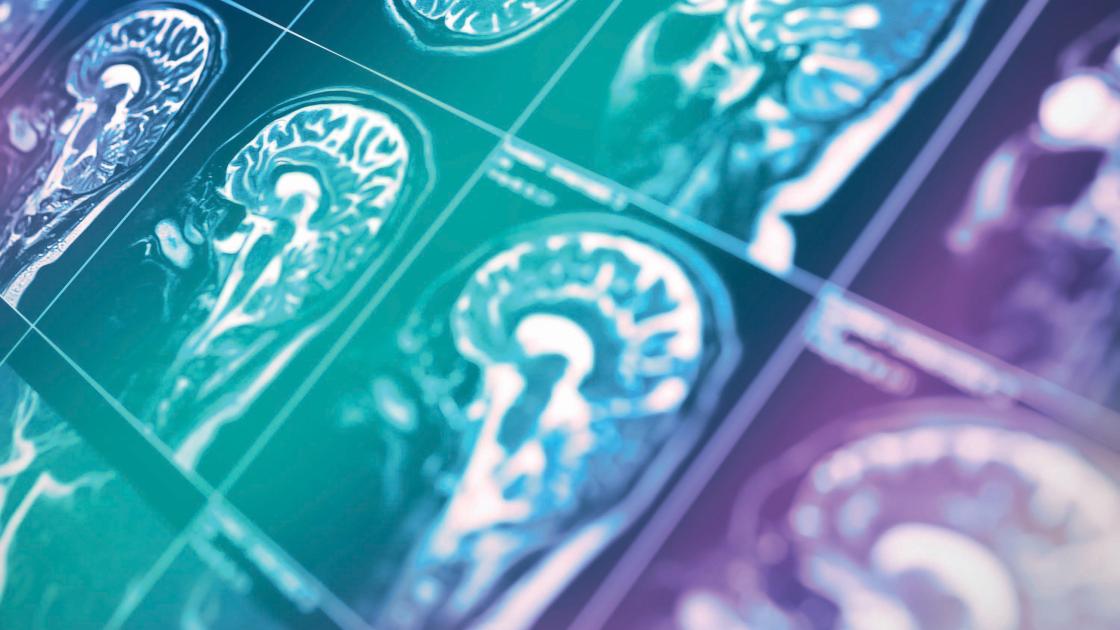
Is the HPV vaccine safe for my child?
As parents consider having their children vaccinated to prepare for the next school year, the HPV vaccine (for human papillomavirus) is one that sometimes attracts attention. The virus is quite common, is transmitted through skin-to-skin contact and can cause cancers of the throat and reproductive organs.
Unfortunately, misinformation about vaccines is also easily transmitted nowadays by the internet and media. Rumors can raise doubts about the validity of preventative scientific methods that were once taken for granted.
Three common concerns about the HPV vaccine – the “right age,” its safety and side effects – are addressed here by the Centers for Disease Control and Prevention.
Q: Why is HPV vaccine recommended at age 11 or 12 years?
A: For HPV vaccine to be most effective, the series should be given prior to exposure to HPV. There is no reason to wait to vaccinate until teens reach puberty or start having sex. Preteens should receive all recommended doses of the HPV vaccine series long before they begin any type of sexual activity.
Q: How do we know that the HPV vaccine is safe?
A: The United States currently has the safest, most effective vaccine supply in history. Years of testing are required by law to ensure the safety of vaccines before they are made available for use in the United States. This process can take ten years or longer. Once a vaccine is in use, CDC and the Food and Drug Administration (FDA) monitor any associated side effects or possible side effects (adverse events) through the Vaccine Adverse Event Reporting System and other vaccine safety systems.
All three HPV vaccines—Cervarix®, Gardasil®, and Gardasil® 9—went through years of extensive safety testing before they were licensed by FDA. Cervarix® was studied in clinical trials with more than 30,000 females. Gardasil® trials included more than 29,000 females and males, and Gardasil® 9 trials included more than 15,000 females and males. No serious safety concerns were identified in these clinical trials. FDA only licenses a vaccine if it is safe, effective, and the benefits outweigh the risks. CDC and FDA continue to monitor HPV vaccines to make sure they are safe and beneficial for the public.
Q: What are the possible side effects of HPV vaccination?
A: Vaccines, like any medicine, can have side effects. Many people who get HPV vaccine have no side effects at all. Some people report having very mild side effects, like a sore arm. The most common side effects are usually mild. Common side effects of HPV vaccine include:
- Pain, redness, or swelling in the arm where the shot was given
- Fever
- Headache or feeling tired
- Nausea
- Muscle or joint pain
Brief fainting spells and related symptoms (such as jerking movements) can happen after any medical procedure, including vaccination. Sitting or lying down while getting a shot and then staying that way for about 15 minutes can help prevent fainting and injuries caused by falls that could occur from fainting.
On very rare occasions, severe (anaphylactic) allergic reactions may occur after vaccination. People with severe allergies to any component of a vaccine should not receive that vaccine.
HPV vaccine does not cause HPV infection or cancer. HPV vaccine is made from one protein from the virus, and is not infectious, meaning that it cannot cause HPV infection or cancer. Not receiving HPV vaccine at the recommended ages can leave one vulnerable to cancers caused by HPV.
There are no data that suggest getting HPV vaccine will have an effect on future fertility for women. In fact, getting vaccinated and protecting against HPV-related cancers can help women and families have healthy pregnancies and healthy babies.
Not getting HPV vaccine leaves people vulnerable to HPV infection and related cancers. Treatments for cancers and precancers might include surgery, chemotherapy, and/or radiation, which might cause pregnancy complications or leave someone unable to have children.



